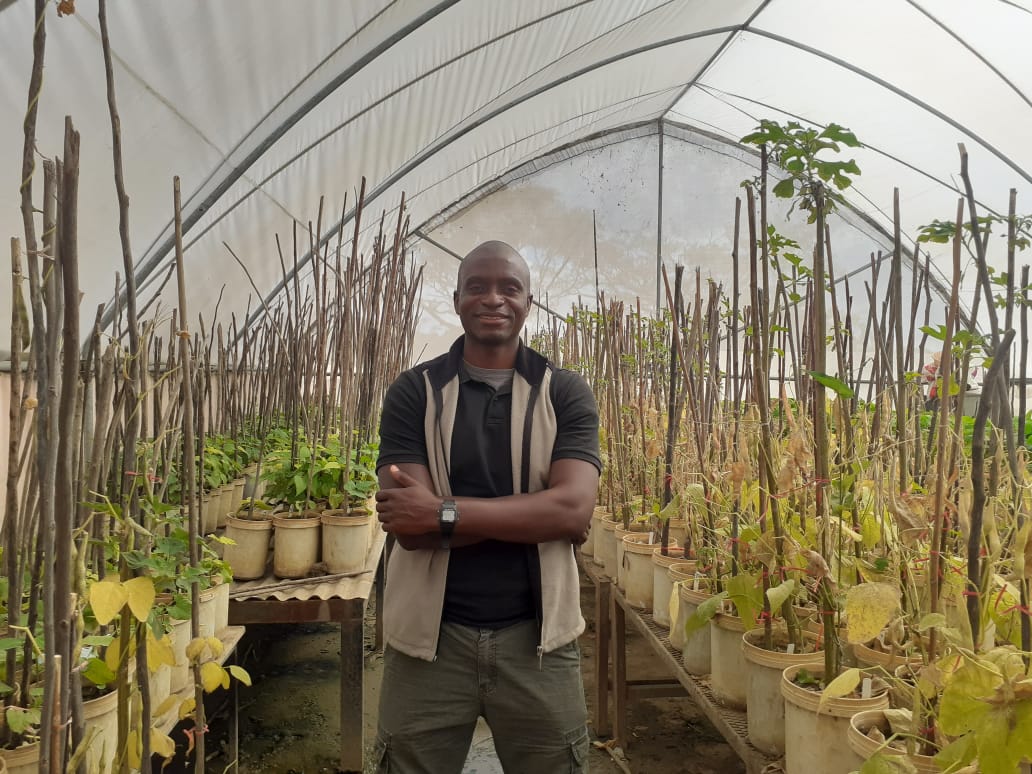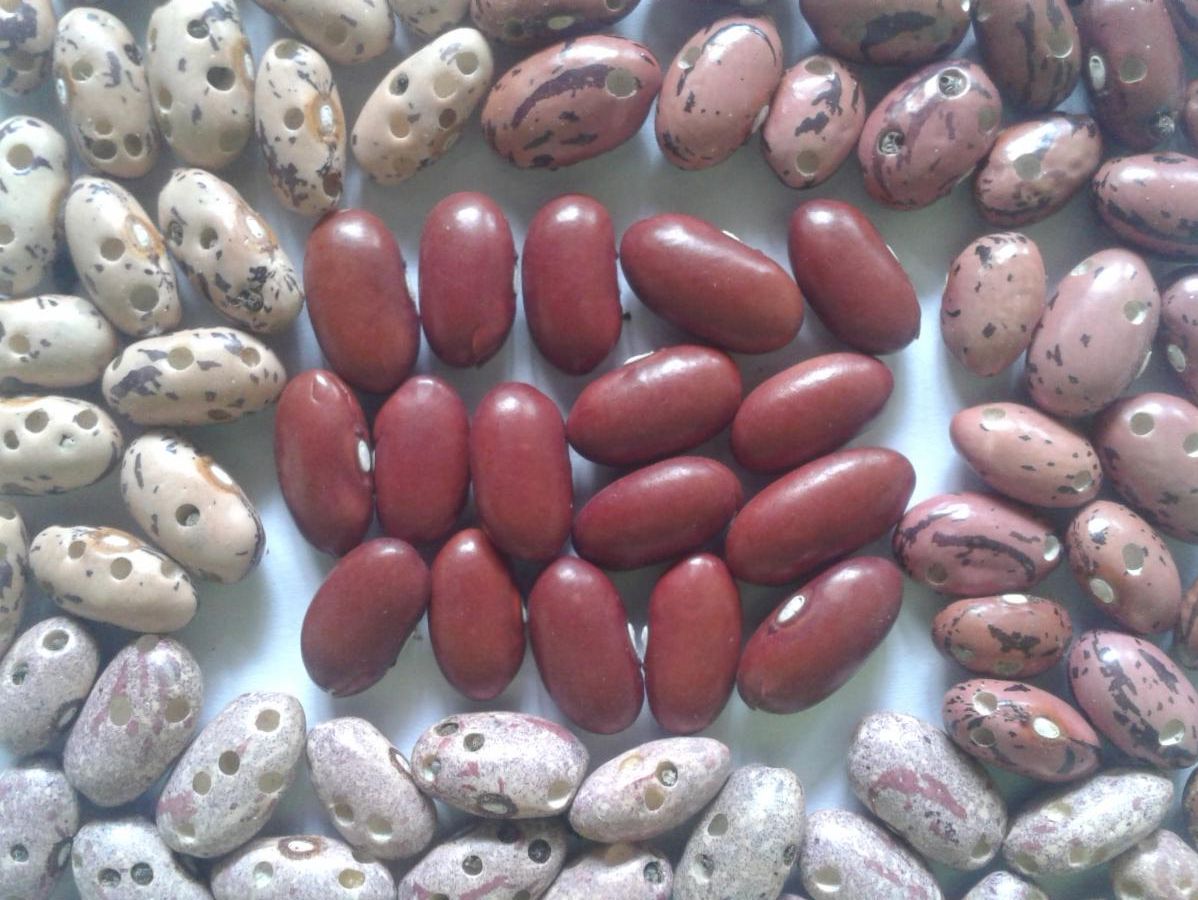In the Field: Empowering Sustainable Solutions: Changing the Narrative Through Capacity Development
From the January 2023 Newsletter
Kelvin Kamfwa grew up in a small-scale farming family in rural Zambia. As a youth he would often go into his family’s cassava field and be discouraged by pests and diseases ravishing the field.
“It used to bother me, because that had serious repercussions, that you are not self-sufficient in terms of food for the rest of the year,” shares Kelvin. “I thought there must be a way to change this narrative.”
And change the narrative, Kelvin did. Determined to be a changemaker, Kamfwa earned his Bachelor of Science in Agricultural Sciences from the University of Zambia (UNZA). He continued his studies at Makerere University in Uganda where he earned a master’s degree. He then returned to UNZA where he lectured on crop science, his first step in making a difference in the lives of his fellow Zambians.
Knowing he had more to give, Kelvin once again left Zambia to pursue his Ph.D. in Plant Breeding, Genetics and Biotechnology at Michigan State University (MSU). His program was supported through the Feed the Future Innovation Lab for Collaborative Research on Grain Legumes, which also managed legume research in Zambia.
“My goal at MSU was to receive my Ph.D. in plant breeding and genetics so I could take those skills back to the people in Zambia,” says Kamfwa. “I wanted to make a career as a bean breeder. There is a need to increase the food production in my country.”
Today, Dr. Kelvin Kamfwa is a faculty plant breeder at UNZA. Through the Feed the Future Innovation Lab for Legume Systems Research project, Genetic Improvement of Dry Beans for Bruchid Resistance for Southern Africa, Kelvin collaborates with researchers from North Dakota State University (NDSU) to develop and introduce weevil resistant common bean varieties for Zambian farmers.
He also continues to support his community not only through his bean breeding research, but also through his commitment to develop the next generation of bean breeders. Kelvin currently mentors four students that are supported by the Legume Systems Innovation Lab project. Three students are working towards their master’s degree at UNZA and one student from UNZA is working towards her Ph.D. at NDSU.


Bean weevils are a post-harvest pest responsible for over 48% losses in quality and quantity of common bean in storage. The UNZA Bean Breeding Program has developed multiple breeding populations for resistance to common bean weevil. Additionally, some of these breeding populations also have shown resistance to other economically-important pests and diseases, such as aphids, and are low soil fertility tolerant.
Kamfwa understands that breeders can not only develop a new or enhanced product, but they must develop one that is desirable and meets the needs of the community. In response, he and his colleagues have introduced gender-responsive tools into bean breeding. He shares this innovative approach as he works with early career researchers and students.
These activities will have direct economic impacts in the region not only by offering a new product that can be stored for longer periods of time without losing quality, but also by allowing households to store beans they can eat safely.
While Kelvin’s ambition to seek solutions to the crop pests and diseases that plagued his childhood family farm has larger been realized, his continuing dedication to training future Zambian breeders will likely cast an even wider net for food security in Zambia.



 Print
Print Email
Email




